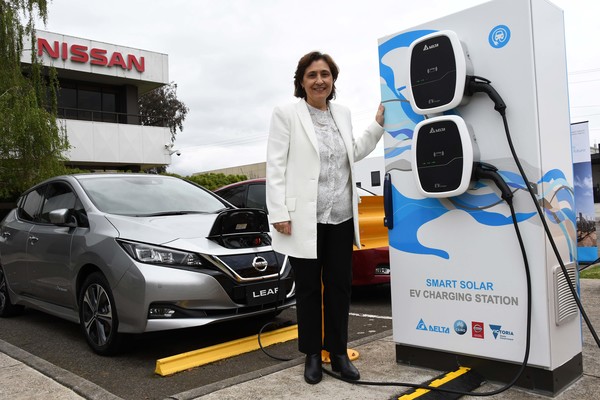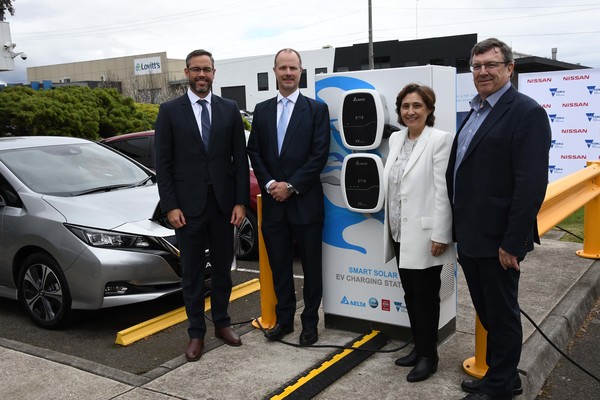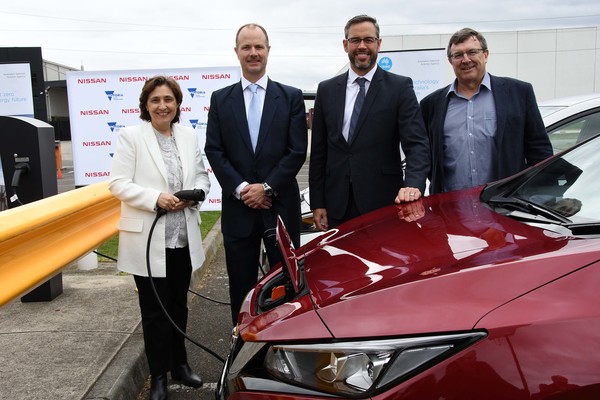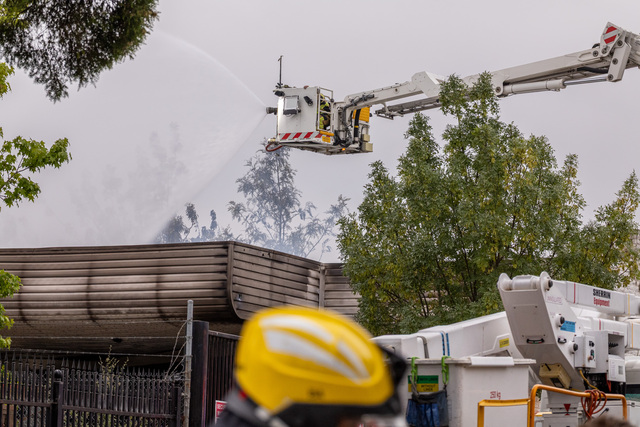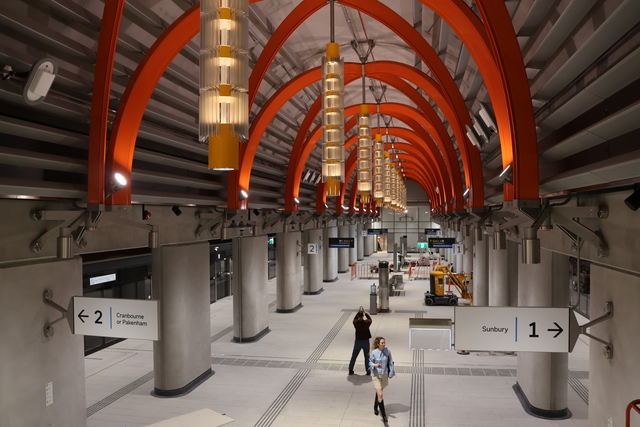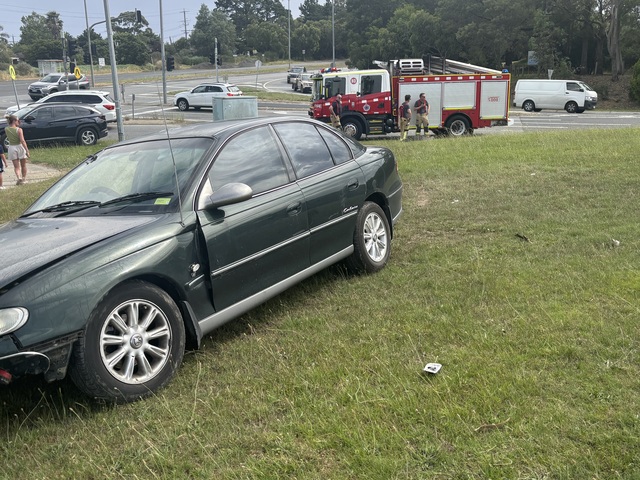Off-grid charging stations for electric vehicles could be part of home garages as soon as 2020.
A research trial of rooftop solar-powered cabinets with battery storage suitable for homes, businesses and car parks was launched at Nissan Australia’s headquarters in Dandenong South on 10 October.
The State-funded research is a partnership between Nissan, Delta Electronics and the CSIRO.
According to the study proponents, the world-first technology paves the way for charging stations in off-grid locations and for use on hot days when the grid is under peak stress.
As part of the 200-day trial, three charging units are connected to 5kW and 10kW rooftop solar systems at Nissan Australia’s headquarters in Dandenong South.
Each cabinet will be used to charge up to four Nissan LEAF electric vehicles at a time.
Nissan Australia managing director Stephen Lester said Nissan aimed for electric vehicles to make more than 30 per cent of its sales in five years.
“Nissan is committed to helping innovate the way all its customers access EV charging, while a study of this nature will enable greater EV adoption both here and around the world, reducing the impact on the grid.”
Delta Electronics developed the cabinets, while the CSIRO focused on the module that integrates with solar and battery systems to help charge multiple vehicles quickly, regardless of the weather.
CSIRO’s Centre for Hybrid Energy Systems lead researcher Christopher Munnings said up to 90 per cent of EV charging was likely to take place in the home.
“A normal household battery system is typically not powerful enough to charge a car on a hot day as it can overheat and slow down,” Dr Munnings said.
“We’ve devised a way to manage the temperature of the battery, minimising the amount of power required from the grid.”
A fully-charged LEAF has a range of about 250 kilometres – enough for most Melbourne work commutes. It can be fully charged on the cabinets within six hours – double that for two cars at the same time, Dr Munnings said.
“In a multi-EV home, this system will automatically monitor each car, spreading the load between the battery, solar PV and the rest of the home.
“This means the cars charge as quickly as possible, using as much sun as possible, without the need to upgrade grid connection. This technology could accelerate the widespread rollout of EVs across the country.”
The study findings are expected to be handed down mid-2020, hopefully to confirm its cost and environmental benefits.
The systems are hoped to be market-ready by next year, Delta Electronics director David Leal said.
Energy, Environment and Climate Change Minister Lily D’Ambrosio said the $210,000 grant aimed to help reduce transport emissions.
“By encouraging electric vehicle take up, we reduce greenhouse gas emissions, improve air quality and increase job opportunities in Victoria.
“There’s no reason why something like this, a variation of something like this, shouldn’t be in people’s homes very soon.”

